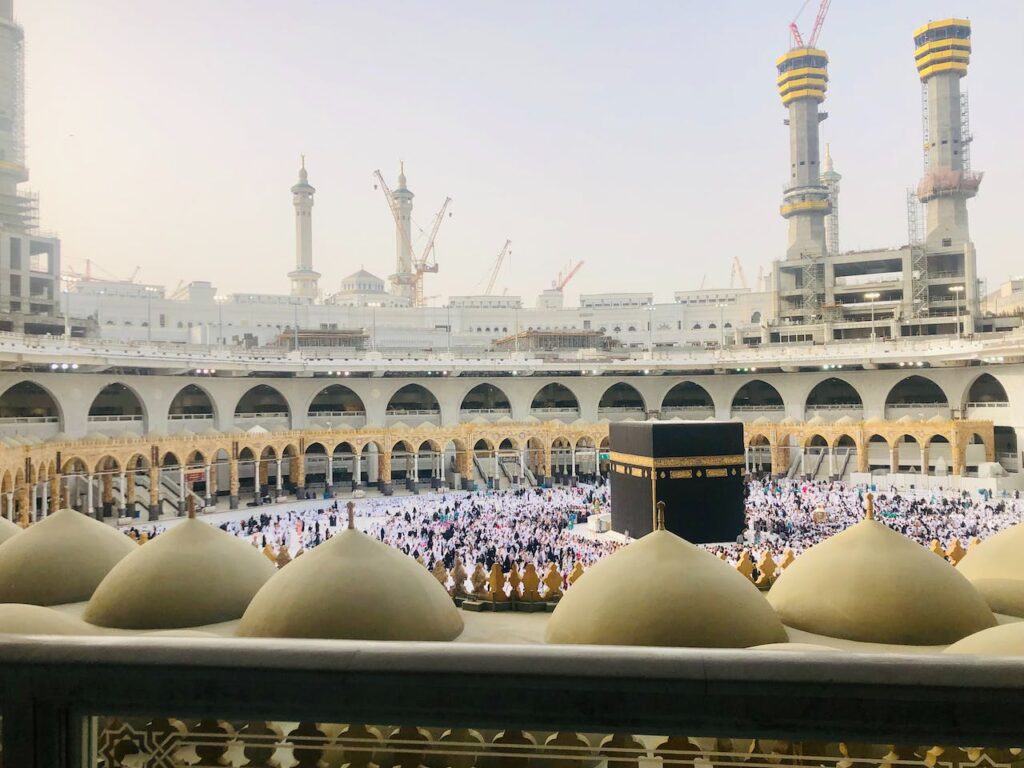Umrah, the lesser pilgrimage to Mecca, holds immense spiritual significance for Muslims worldwide. It is a voluntary act of worship that allows individuals to seek closeness to Allah and engage in acts of devotion. While most people perform Umrah for themselves, there is a question that often arises: Is it permissible to perform Umrah on behalf of the deceased? In this article, we will delve into this topic, exploring the ruling, significance, and guidelines.
Is It Allowed to Perform Umrah on Behalf of The Deceased?
Performing Umrah on behalf of the deceased is a practice rooted in Islamic tradition. Muslims believe that good deeds, including acts of worship,
can be performed on behalf of the deceased to benefit their souls in the hereafter.
The majority of Islamic scholars agree that it is permissible to perform Umrah on behalf of someone who has passed away. They base their opinion on several Hadiths that indicate the permissibility of performing acts of worship on behalf of others. However, it is important to note that this practice is considered a voluntary act and not an obligation.
Find Out More About This Fatwa
Conditions and Guidelines For Performing Umrah on Behalf of the Deceased
There are some conditions and guidelines for performing Umrah on behalf of the dead:
- Intention:
The person performing Umrah on behalf of the dead should have a clear intention and specify the deceased’s name when making the intention.
- Relationship:
It is preferable for the person performing Umrah on behalf of the dead to have a close relationship with them, such as being a family member or a close friend.
- Fulfilling Personal Obligations:
It is crucial for the individual performing Umrah on behalf of the dead to have already fulfilled their own obligatory acts of worship, such as the Five Pillars of Islam.
- Performing Umrah for Themselves:
Scholars recommend that individuals prioritize performing Umrah for themselves before performing it on behalf of the deceased.
- Seeking Permission:
If possible, it is advised to seek permission from the deceased’s closest living relatives before performing Umrah on their behalf, as a gesture of respect.
Significance of Performing Umrah on behalf of the deceased
It is considered an act of kindness and a means of seeking blessings for their souls. It is believed to bring comfort to their loved ones and offer them an opportunity to attain spiritual rewards even after their passing.
Additionally,
performing Umrah on behalf of the dead can serve as a way to fulfill their unfulfilled religious aspirations and desires.
Key Takeaways
- Performing Umrah on behalf of the dead is permissible in Islam and holds spiritual significance.
- Performing Umrah on behalf of the dead is not an obligation but a voluntary act of worship.
- It is important to have a clear intention, maintain a close relationship with the deceased, and fulfill personal obligations first.
- Seek permission from the closest living relatives if possible.
- Performing Umrah on behalf of the deceased is considered an act of kindness, bringing comfort to the deceased’s loved ones and offering spiritual rewards to the deceased.
- It is recommended to prioritize performing Umrah for oneself before performing it on behalf of the deceased.
Conclusion
In conclusion, Performing Umrah on behalf of the deceased is a voluntary act that holds significant importance in Islam. While it is permissible and carries spiritual benefits, it is essential to adhere to the guidelines.
In addition, conditions outlined by Islamic scholars. By understanding the ruling and significance of performing Umrah on behalf of the deceased, individuals can engage in this noble act with the intention of seeking blessings, providing solace to the deceased’s loved ones, and ultimately, aiming for their eternal reward in the hereafter.






